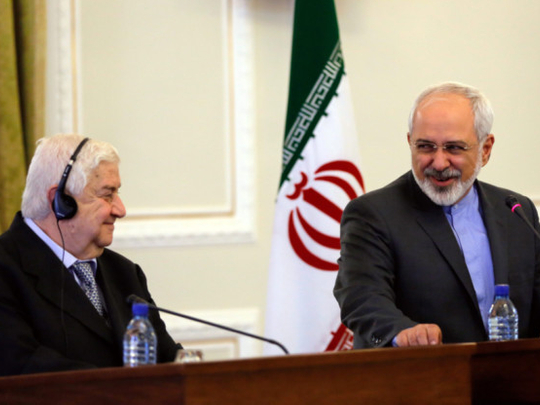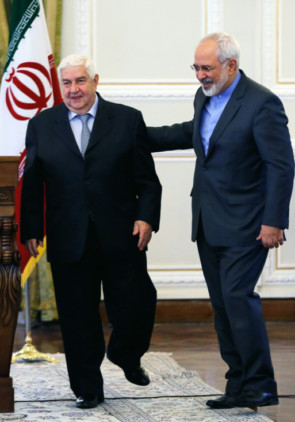
Occupied Jerusalem: The Israeli regime said Monday it will not allow “sophisticated weapons” to fall into the hands of its enemies, after furious claims from Syria that Israeli warplanes carried out air strikes near Damascus.
The Israelis refused to confirm or deny the strikes, but their forces have previously targeted weapons allegedly destined for arch-foe Lebanon’s Hezbollah.
The two strikes on Sunday, including one on the country’s main international airport, were fiercely condemned by Damascus, which called for UN sanctions against the regime.
Asked about the strikes on public radio, Intelligence Minister Yuval Steinitz refused to comment directly but stressed Israel’s policy of preventing arms transfers to fighter groups.
“We have a firm policy of preventing all possible transfers of sophisticated weapons to terrorist organisations,” Steinitz said, in a clear reference to the Shiite Hezbollah fighters.
The Israelis have launched a series of air strikes inside Syria since the outbreak of the country’s armed uprising in 2011, including raids reportedly targeting Iranian rockets bound for Hezbollah.
The Syrian army said Sunday’s strikes by “the Israeli enemy” had targeted two areas near the capital, including Damascus International Airport, which is used by both civilian and military aircraft.
It said the strikes caused damage but that nobody was hurt. There was no threat of retaliation, but the Syrian foreign ministry said it had asked UN Secretary-General Ban Ki-moon and the Security Council to impose sanctions on the Israeli regime, describing the strikes as “a heinous crime against Syria’s sovereignty”.
According to the Britain-based Syrian Observatory for Human Rights, which monitors the conflict, both of the targeted sites were used for military purposes.
“Both were military sites, and weapons were being stored there,” Observatory director Rami Abdul Rahman said.
Israeli media said the latest raid had targeted weapons such as anti-tank rockets and surface-to-air missiles meant to be delivered to Hezbollah.
There was little doubt among Israeli commentators on Monday that the country had carried out the strikes.
“There must have been a brief window of opportunity yesterday and the decision to strike was taken,” Israeli army radio said.
Some Israeli opposition figures raised questions about the timing of the strikes, which came after Prime Minister Benjamin Netanyahu called for early elections.
Netanyahu is looking to shore up his support on the right ahead of primaries for his Likud party and the snap vote in March.
“I hope this isn’t the opening salvo of the campaign for the Likud primaries and the next elections,” Ilan Gilon of the left-wing Meretz party said.
Steinitz dismissed claims of any political motive.
“Those who accuse Netanyahu of having ordered a bombing in Syria as a political strategy are ridiculous and harmful,” he said.
Some commentators said a possible response from Damascus or Hezbollah to the strikes could set the tone for the election.
“We have finally given a ‘serious person’ — Bashar Al Assad — the job of deciding what the agenda of the coming elections will be,” Alex Fishman wrote in Yediot Aharonot newspaper.
“The Syrians’ response... will dictate the headlines and the public focus in the coming weeks and months.”













